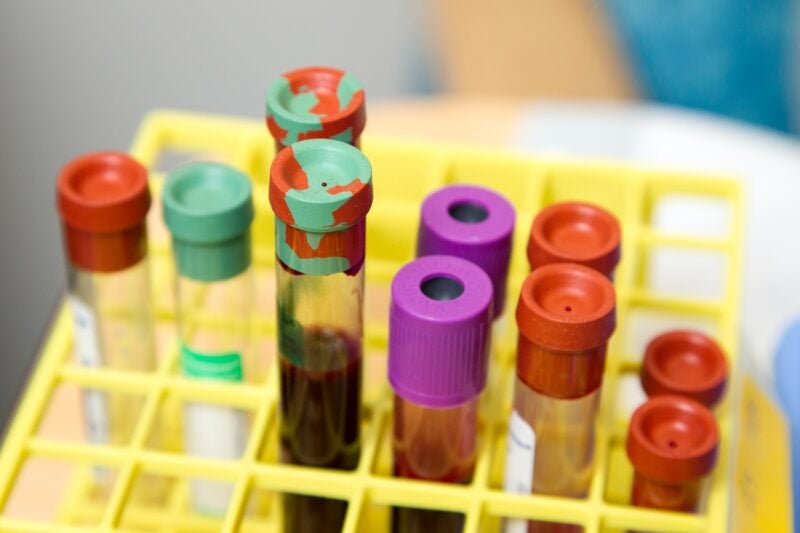
Oxford BioDynamics (OBD) announced that its prostate screening EpiSwitch (PSE) blood test showed significant potential in accurate and rapid detection of prostate cancer in an at-risk population in the PROSTAGRAM study.
The UK-based biotechnology company collaborated with Imperial College London, the University of East Anglia, and Imperial College National Health Service (NHS) Trust in the peer-reviewed work.
The minimally invasive PSE test was built using the EpiSwitch 3D genomics platform and methodology of Oxford BioDynamics.
According to the company, PSE records a unique, systemic fingerprint of particular regulatory network changes related to prostate cancer for every patient.
In the PROSTAGRAM screening pilot trial, blood samples from 147 men and patients from the Imperial College NHS Trust were analysed.
Oxford BioDynamics said that the study used the standard prostate-specific antigen (PSA) test and the company-developed EpiSwitch prostate cancer classifier.
As per the findings, the PSE blood test, which combines the PSA component and the EpiSwitch classifier, showed 92%:94% positive: negative predictive value with 94% accuracy.
The PSE blood test can reduce unwanted referrals to expensive and invasive procedures, the biotechnology company claimed.
Oxford BioDynamics CEO Jon Burrows said: “OBD’s EpiSwitch 3D genomics platform has once again demonstrated the ability to provide a clinically important diagnostic solution to the global medical community; this time as a highly relevant screening test for prostate cancer.
“There is a clear need in everyday clinical practice for a highly accurate (94%) blood test that can screen men for prostate cancer and accurately identify those at risk, while sparing those who up to now would be subject to unnecessary, expensive and invasive procedures.
“This is another example of how OBD’s product portfolio can contribute to reducing the total cost of care for global health.”






